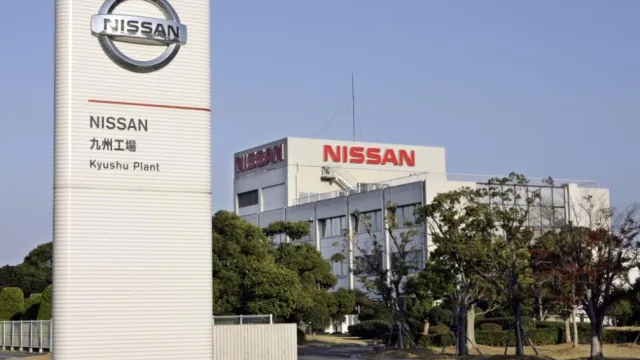Market woes force Nissan to cut over 10,000 jobs globally

Nissan's ongoing layoffs are part of a broader restructuring campaign to address losses and underperformance in key markets.
Huge financial losses and underperformance in key markets have forced auto giant Nissan to cut 10,000 jobs globally, bringing to 20,000 the total number of employees who have lost jobs from the company.
The latest round of layoffs is expected to affect roughly 15 percent of Nissan Motor Co. workforce.
According to media reports, the ongoing layoffs are part of a broader restructuring campaign to address significant financial losses and underperformance in key markets, under the newly appointed CEO Ivan Espinosa, who took over from Makoto Uchida on April 1.
The struggling Japanese automaker also warned shareholders that it would likely book a record $4.74 billion to $5.08 billion (700 billion yen to 750 billion yen) net loss in the financial year that ended in March largely due to impairment charges.
“We are taking the prudent step to revise our full-year outlook, reflecting a thorough review of our performance and the carrying value of production assets. We now anticipate a significant net loss for the year, due primarily to a major asset impairment and restructuring costs as we continue to stabilise the company. Despite these challenges, we have significant financial resources, a strong product pipeline and the determination to turn around Nissan in the coming period,” Espinosa said.
Currently, Nissan is looking to make its business leaner and more resilient after doing poorly in its top market, the United States, where its performance faced difficulties stemming from an outdated vehicle lineup and a lack of hybrid models.
It is also struggling in China, where it is looking to stop a punishing sales slide and fierce competition from local manufacturers.
In the UK, concerns loom over the future of Nissan's Sunderland plant, the country's largest car factory. Former COO Dr. Andy Palmer has criticized the idea of closing the facility, calling for government support to prevent its shutdown.
Despite being a pioneer in launching mass-market electric vehicles, Nissan's failure to keep pace with the hybrid EV trend has contributed to its recent financial challenges.
According to Bloomberg, steep sales and fierce competitions are not the only compounding issues affecting the automaker as Nissan and its affiliates face $1.6 billion in debt maturities this year, rising to $5.6 billion in 2026, the highest level since at least 1996.




